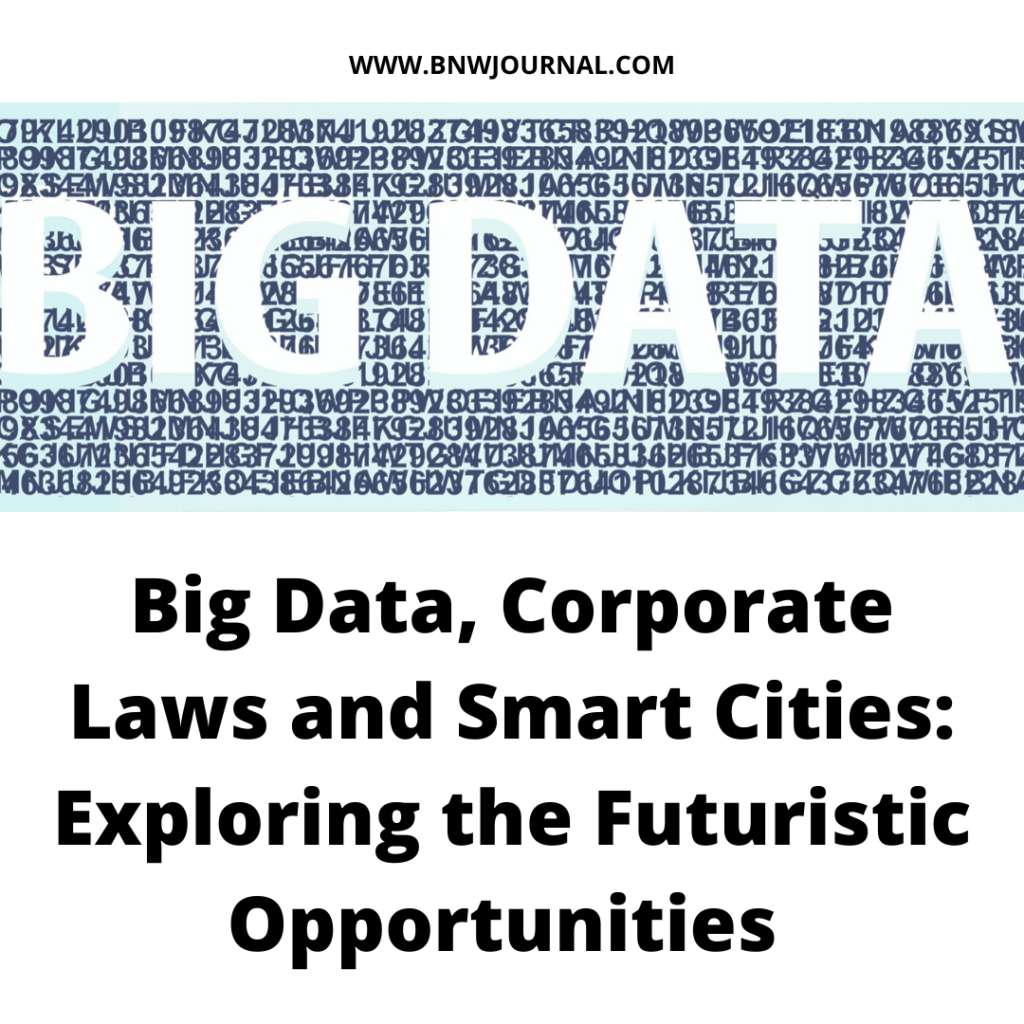![]()
Introduction
In 2015, the government of India introduced the Smart Cities Mission. The main aim of this mission is to ensure sustainability and to improve the quality of life of its citizens.

There does not exist a universally acceptable definition of the concept of “smart city”. However, several scholars have attempted to define it and there prevail a few common elements or concepts. Examples include the aim of enhancing the quality of life of the individuals of a particular group. It focus on next-generation and new-age technology, the achievement of sustainability as the main objective.
Popular definitions:
Being a smart city means using all available technology and resources in an intelligent and coordinate manner. It is to develop urban centers that are at once integrated, habitable, and sustainable.- Barrionuevo et al. (2012)
A smart city infuses information into its physical infrastructure to improve conveniences, facilitate mobility, add efficiencies, conserve energy, improve the quality of air and water, identify problems and fix them quickly, recover rapidly from disasters, collect data to make better decisions, deploy resources effectively, and share data to enable collaboration across entities and domains. – Nam and Pardo (2011)
What is Big Data Analytics?
Big data analytics is the complex process of analyzing large and a variety of sets of data. Or to put it simply, big data. This is done to unearth undisclosed information and patterns that assist business organizations in making better-informed decisions.
Big data analytics use several convoluted elements’ application, for example, statistical algorithms, predictive models, etc.
Several governmental agencies often face certain challenges such as budget tightening, keeping crime rates low, etc. For these purposes, big data analysis gives a more holistic view.
Provisions in India
Experts have said that considering the extensive use of IT in the management of core services in smart cities, the amount of citizen data generat and store in a smart city is expect to grow extensively. Furthermore, since the entire ecosystem is based on Information Technology, there should be sufficient guidelines and regulations to keep cybercrimes in check.
The government of India has decide to let the development and advancement of smart cities be take up by special purpose vehicles which are essentially LLCs constitute by the government agencies to accelerate the developmental process.
The SPV can be a company, a trust, a society, a firm, etc. in accordance with that the provisions of the patent law for the incorporation of the SPV shall apply, i.e., the Companies Act, the Partnership Act, etc. The CEO of the special purpose vehicle shall be appoint by the state government and will have tenure of 3 years and cannot be alter without the permission of the central government.
Concerns
Several issues have arisen in the minds of experts with respect to the Smart City mission. Perhaps the most imperative aspect of concern is in relation to the use as well as the security of the data belonging to the individuals which is generate by the Smart City infrastructure. Among the data which is gather, some of them include locations and sensitive and personal information belonging to individuals.
One of the other significant concerns is the funding of these Smart City projects. If the solution is a commercial partnership or public-private partnership, this poses another question as to the involvement of the private sector. The involvement of the private sector is question due to the sensitive nature of the information which is gather and store.
This mission poses immense challenges. That being said, to address these concerns and to ensure maximum efficiency, the legislation requires a fundamental restructuring. It is the need of the hour to amend legislations to cater to technological advancements. It is imperative that in the process of accomplishing the Smart City mission, the privacy of individuals is not breached.
Conclusion
Considering the rapid technological advancements and globalization, smart cities are the need of the hour. The use of resources needs to be judicious to ensure that the main objective of the Smart City Mission, sustainability, is achieved successfully. Big data analytics are essential for better decision making and efficacy in operational aspects. These applications have special requirements and several cities have successfully displayed the application of big data analytics.
However, it is imperative to acknowledge the subsistence of potential issues. Extensive research on the part of experts is the lone solution to the obstacles that we might face.



0 Comments